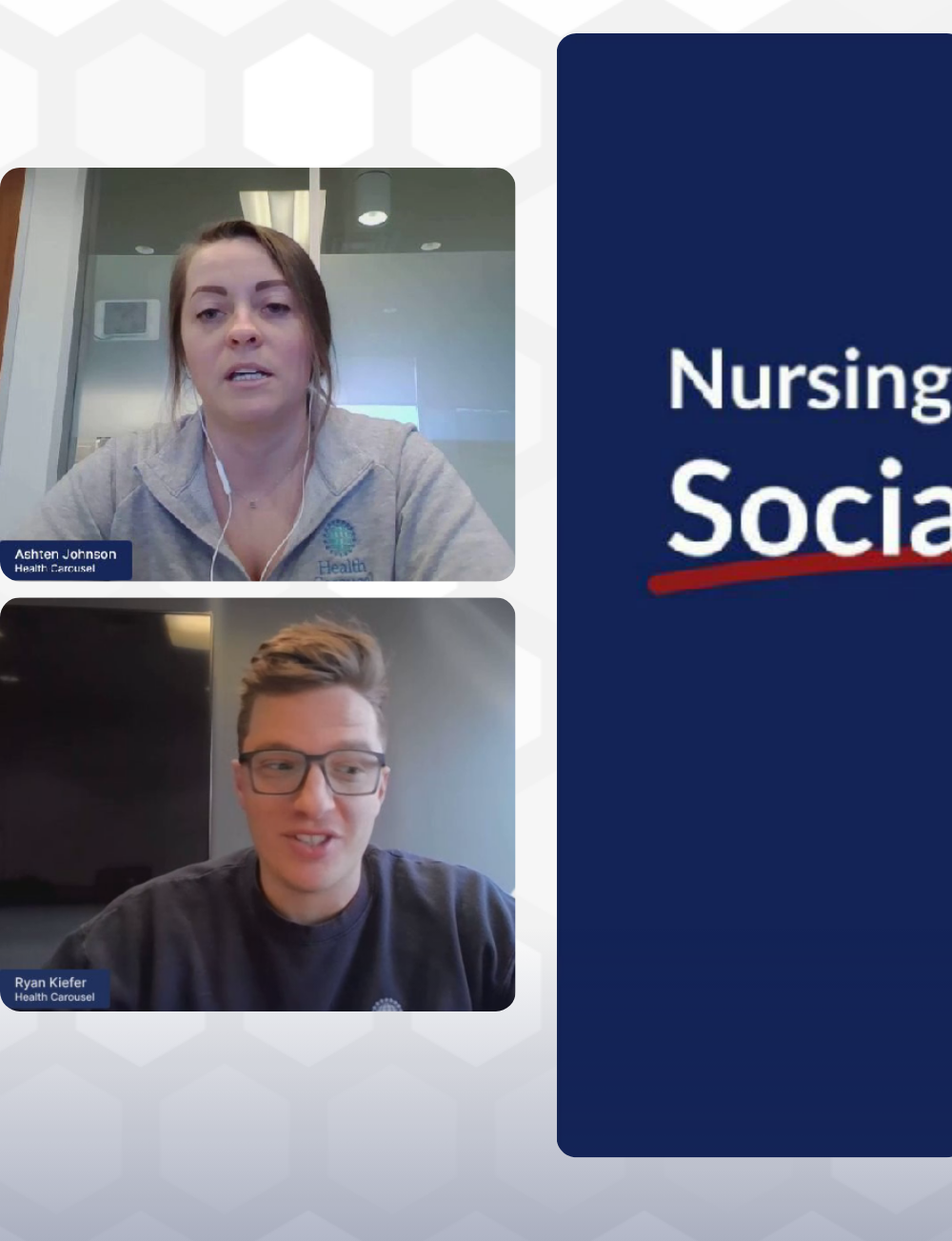RN Specialties: Critical Care

The Resource Center content, including all videos and other media, is for informational purposes only. You should not construe any such information or other material as legal, tax, investment, financial or other advice. The advice and information contained in the Resource Center is not a substitute for advice from a professional who is aware of the facts and circumstances of your individual situation
Summary
In this Critical Care Nursing e-learning video, the role of critical care nurses is explored, encompassing specialized training to treat patients with acute and life-threatening conditions. The diverse critical care settings, including Telemetry, PCU step-down, ICU, CCU, Cardiac ICU, Surgical ICU, Medical ICU, Neuro ICU, and Trauma ICU, are discussed. The video emphasizes the importance of multitasking, communication, and education skills in critical care nursing.
Transcript
Hello.
Welcome to clinical training on critical care nursing. Let's get started.
So what is critical care nursing?
A critical care nurse treats patients with acute, even life threatening injuries, or medical issues.
The critical care nurse has received specialized training that enables him or her to manage and monitor those patients who are the most seriously ill or injured.
Let's talk about the different settings with in critical care.
Telemetry.
PCU step down.
ICU, which is intensive care.
CCU, which is the coronary care unit.
Cardiac ICU, an associated step down.
Surgical ICU, an associated step down.
Medical ICU, an associated step down.
Neuro ICU, an associated step down.
Finally, there's trauma ICU with an associated step down.
So what is step down PCU nursing?
Typically, this involves the treatment of patients requiring close monitoring and frequent assessment, but not requiring full ICU attention.
PCU describes areas that are also referred to as intermediate care units, direct observation units, step down units, telemetry units, or transitional care units.
These units have evolved as healthcare progressed to support higher levels of care outside of the ICU setting.
So some great attributes and skills associated with step down nursing to look for is EKG interpretation and treatment, the monitoring of patients using standardized procedures for pre, intra, and post procedures, invasive arterial pressure monitoring, non invasive hemodynamic pressure monitoring, the recognition of signs and symptoms of cardiopulmonary emergencies, the initiation of standardized interventions to stabilize the patient awaiting transfer to a critical care unit, ventilated patients, trach care, and continuous and intermittent SPO2 monitoring.
Now let's talk telemetry.
Telemetry nurses have both their BLS and ACLS certifications.
They're EKG and tele-trained. They can initiate and monitor cardiac IV drips. They have skills with pre post angiogram care and education, pre open heart care in education, they're proficient in using technology and interpreting data.
Telemetry nurses are typically responsible for multiple patients at a time. So having strong multitasking abilities is very helpful trait. They also have strong communication and very strong education skills.
And that wraps up the critical care e-learning video.
Thanks for watching.
Related Resources
Keep Exploring More Resources
Looking for more guidance? Browse our full collection of resources to support you throughout your journey.
.webp)






.webp)